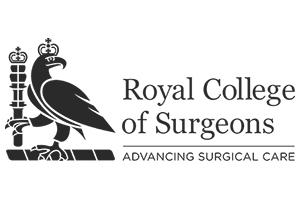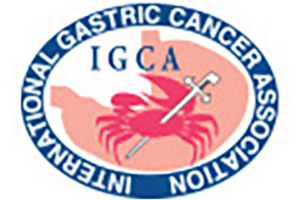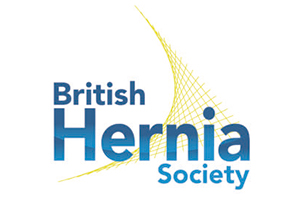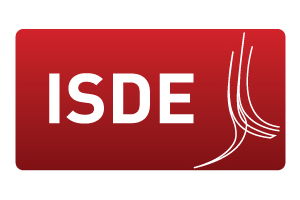COMMON GASTROINTESTINAL CONDITIONS
The information outlined below on common conditions and treatments of the stomach and intestine is provided as a guide only and it is not intended to be comprehensive. Discussion with Mr Hollowood or Mr Wilkerson is important to answer any questions that you may have.
For information about any additional conditions not featured within the site, please contact us for more information.
Discussion with Mr Hollowood or Mr Wilkerson is important to answer any questions that you may have. For information about any additional conditions not featured within the site, please contact us for more information.
QUICK ENQUIRY







